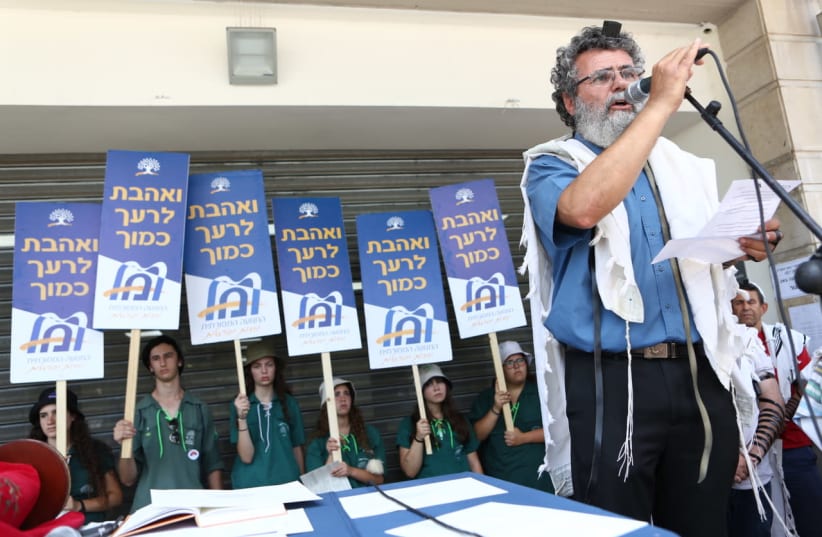Suspected police violations in detention of Conservative rabbi
Rabbinical Courts have no authority to instruct police to open criminal investigations, yet police stated they ‘opened an investigation in light of the decision of the Haifa Rabbinical Court”
